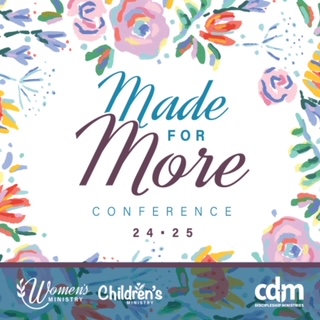Created for a Purpose
INGRAM LINK |GUEST In 2006, I had a house full of children (11, 9, 7, and 1). My husband had a struggling business, and I was doing a variety of things to contribute financially. We enjoyed close friendships and were involved in our church and our community. Our families did not live close by, but those relationships were strong, and we spent vacations with our extended families on both sides. In the midst of what was normal life, my oldest daughter struggled. She was smart, kind, and had talents and abilities, but she often found herself on the outer circle of different friend groups. Socially, there was an immense push to be on a certain level soccer team, dance team, gymnastics team, etc. There was also social pressure to pull children out of regular classes and be placed in enrichment classes. I saw her and the girls around her striving to be identified by what they did, rather than who they were. My mom is an artist, and she always encouraged us to be creative. As a result, I was the mom that let the kids use glitter and help me cook in the kitchen. To remind my daughter and other girls her age that they were created by God in His image for His purposes, I reached out to some other creative moms to offer a weeklong creative arts camp for girls in my home. Throughout the week, we focused on 1 Timothy 4:12, “Don’t let anyone look down on you because you are young, but set an example for the believers in speech, in conduct, in love, in faith and in purity.” My intention behind the camp was to use hands on, tangible ways to show the girls what it means to be wonderfully made by the God of the universe. The girls cooked a meal, sewed, painted, created a photo scrap book, and made a nativity sculpture. They had fun and they loved being together, creating, laughing, and hearing truths from God’s Word woven throughout the activities...








